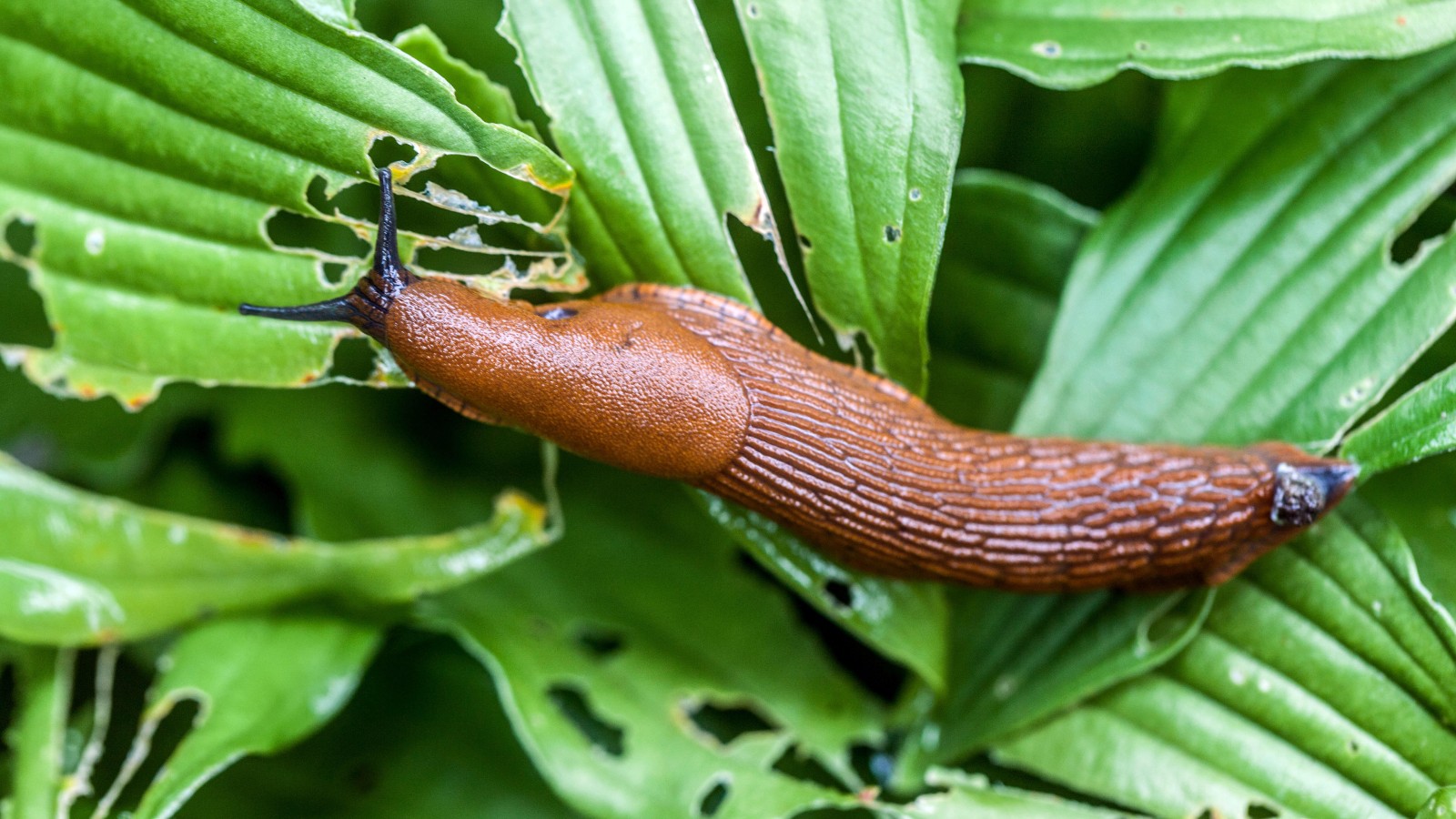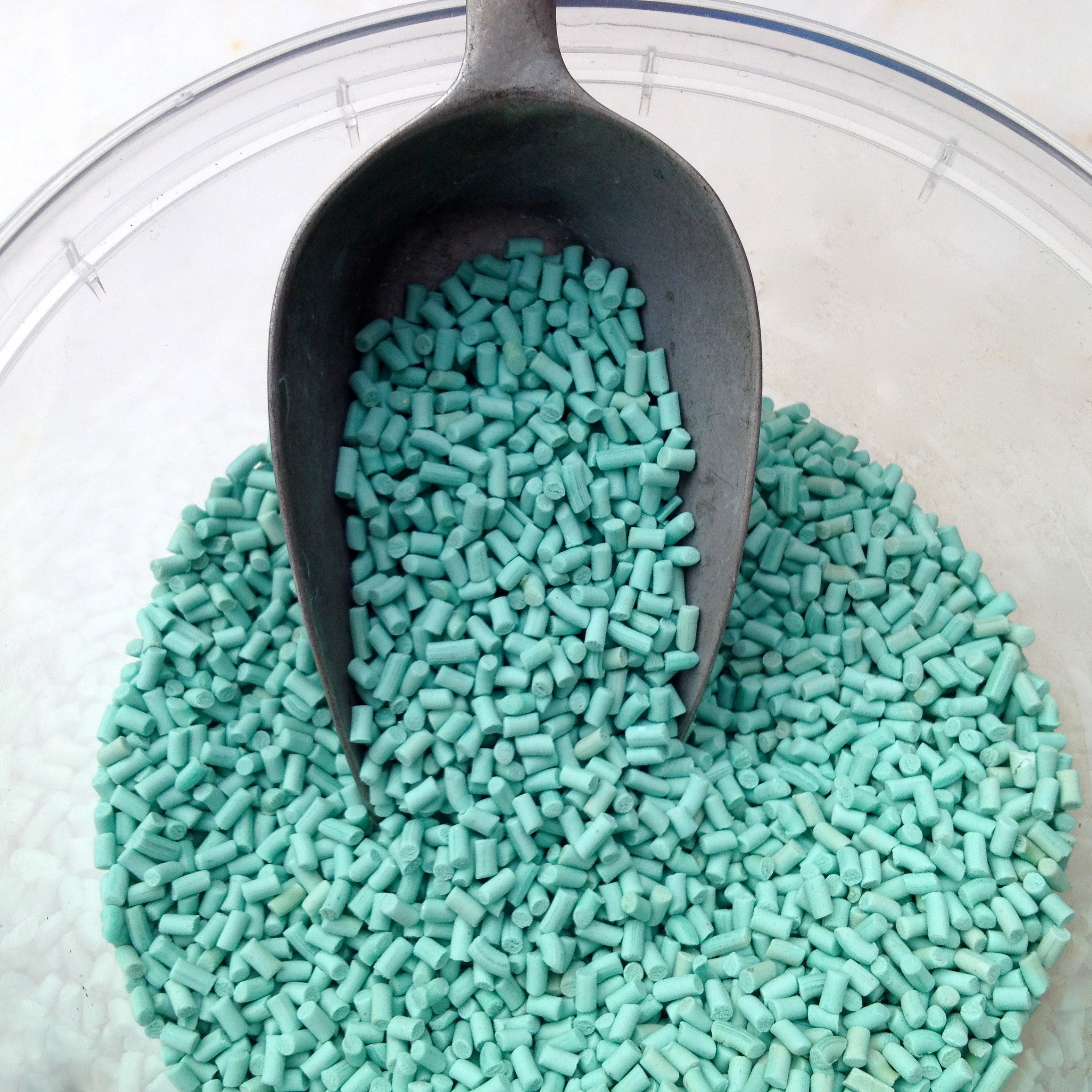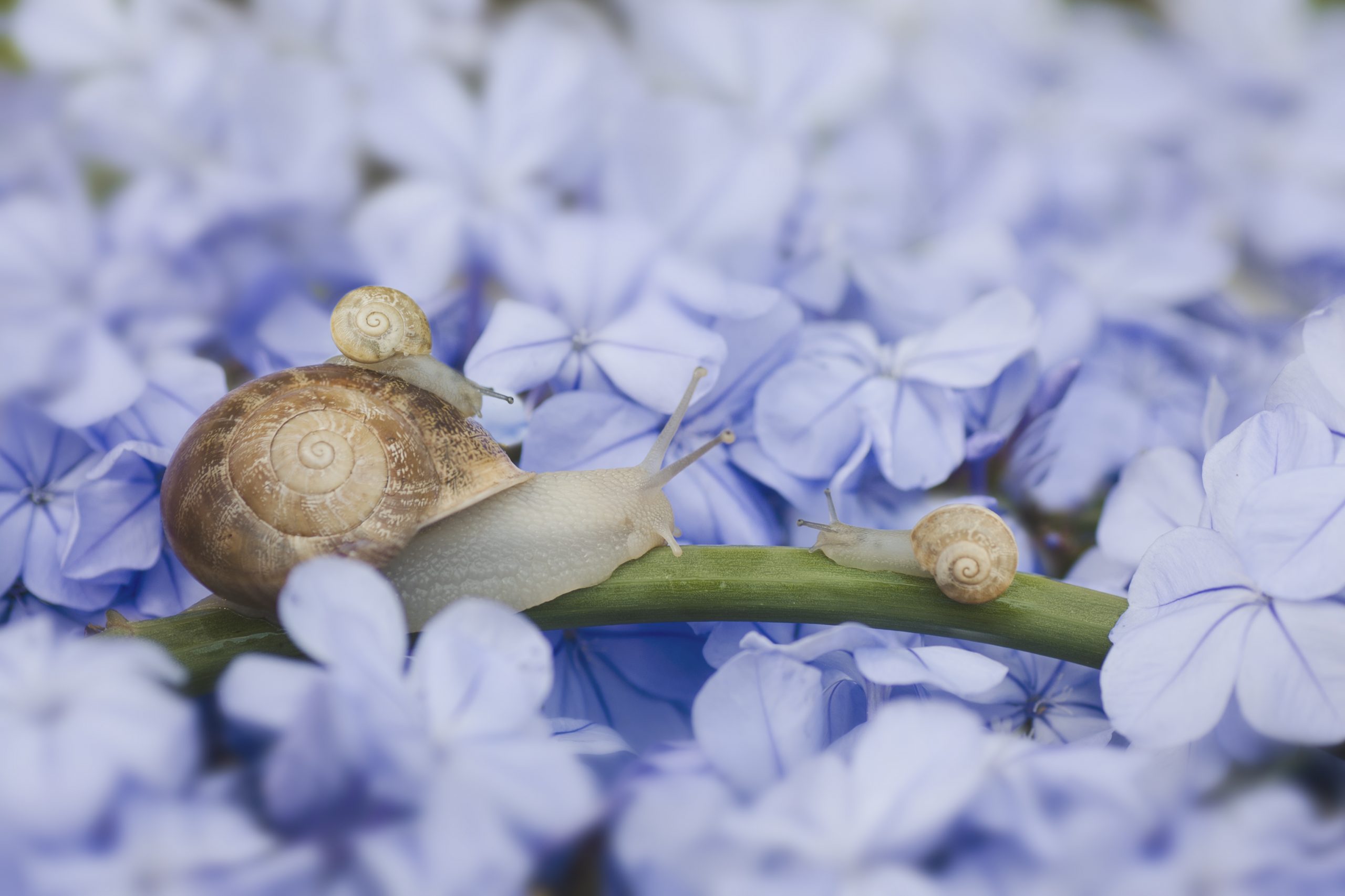Why are slug pellets being banned and what can you use instead?


When it comes to keeping your plants, vegetable patches and gardens free from unwanted slugs, applying slug pellets to the problematic area would usually do the trick. But a recent change in the law has banned them from being used.
The controversial product which has been used in gardening for years - as far back as the 1940s - to deter slugs and snails from munching on the greenery in gardens but while some see its use as vital way of protecting plants from being eaten, others showed concern for the affects the pellets could have on other mammals.
We look at why slug pellets are being banned and what you can use instead to deter slugs and snails from your garden...
Why are slug pellets being banned?
Slug pellets are being banned because they mainly contain a pesticide called Metaldehyde which poses "an unacceptable" risk to birds and mammals such as hedgehogs.
There are different types of slug pellets on the market but the ones that have been banned are the ones that contain an organic compound called metaldehyde. This is a type of molluscicide, which is the technical term for something that kills molluscs such as slugs and snails. It is available to buy in a variety of formulations such as liquid, granules, sprays, grains, and dust but is being removed from sale following the ban.

Can you still buy slug pellets?
Slug pellets can no longer be sold or used in the UK as from April 1, 2022 when they were officially banned as they pose "an unnecessary" risk to birds, dogs and mammals. A hedgehog rescue centre tweeted the news to its followers, "From today slug pellets are banned! They will no longer be sold and it’s illegal to use them–no continuing to use any bought before the ban! Since the 1940’s slug pellets have been responsible for slow painful deaths of not only slugs but other animals not least our endangered hogs."
What can I use instead of slug pellets?
Now that there is a UK ban on using slug pellets to control slugs and snails in gardens, some gardening experts have advised that DIY beer traps are the best way to contain the slimy critters. Other alternatives to slug pellets are;
GoodtoKnow Newsletter
Parenting advice, hot topics, best buys and family finance tips delivered straight to your inbox.
- Trapping them under cardboard - the Royal Society for the Protection of Birds (RSPB) recommends trapping slugs by putting down a piece of cardboard in your garden, held down by a stone. Once in a while check for slugs stuck to the cardboard and remove.
- Slug and snail tape - this can create a protective barrier around your plants with the copper wire as it creates a small electric charge that wards off slugs and snails. Simply fix the self-adhesive onto pots, seed trays and garden furniture.
- Egg Shells - a cheap and quick fix is to break up egg shells and place the crushed pieces around the soil of the stems. Slugs and snails find it difficult to move over the sharp material.
- Coffee Grounds - slugs and snails are said to dislike the aroma of coffee so putting coffee grounds in key snail/ slug areas will ensure they move swiftly on, after all a fun fact is that slugs have four noses!
- Wool Waste Pellets - when wet, wool waste pellets swell and slugs dislike their fibres so make it an eco way to remove them kindly.

One Twitter user tweeted her delight at the ban, she said, "Oh I almost forgot!! SLUG PELLETS ARE BANNED FROM TODAY!!! Hooray. And the answer to your question is biodiversity in the garden, beer traps and physical barriers!!"
The video below will show you how to make a slug trap with beer...
https://www.youtube.com/watch?v=bWWvsLRK4qg
What harm do slug pellets do?
Slug pellets are a contact poison that damages slug mucus cells and causes them to release excessive amounts of slime to the point that the slug eventually dehydrates and dies. They protect garden plants from being eaten as slugs won't survive if they eat the substance but they are obviously harmful to slugs and snails and also other animals including birds, dogs and mammals.
Related videos

Selina is a Senior Family Writer for GoodtoKnow and has more than 16 years years of experience. She specialises in royal family news, including the latest activities of Prince George, Charlotte, Louis, Archie and Lilibet. She also covers the latest government, health and charity advice for families. Selina graduated from the University of Sheffield in 2006 with a degree in Journalism, and gained her NCTJ and NCE qualifications. During her career, she’s also written for Woman, Woman's Own, Woman&Home, and Woman's Weekly as well as Heat magazine, Bang Showbiz - and the Scunthorpe Telegraph. When she's not covering family news, you can find her exploring new countryside walking routes, catching up with friends over good food, or making memories (including award-winning scarecrows!)